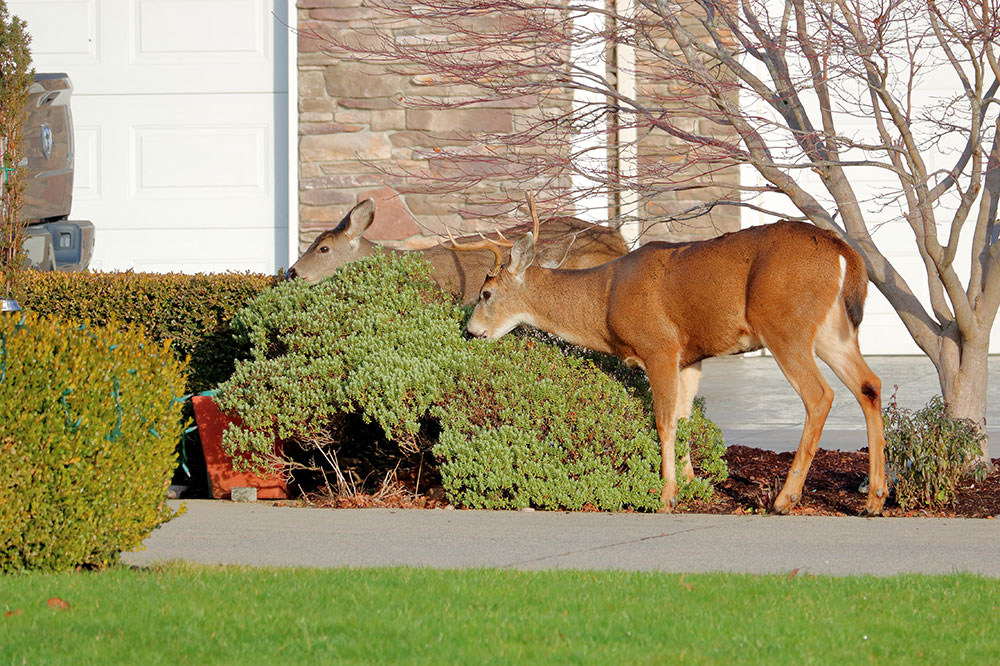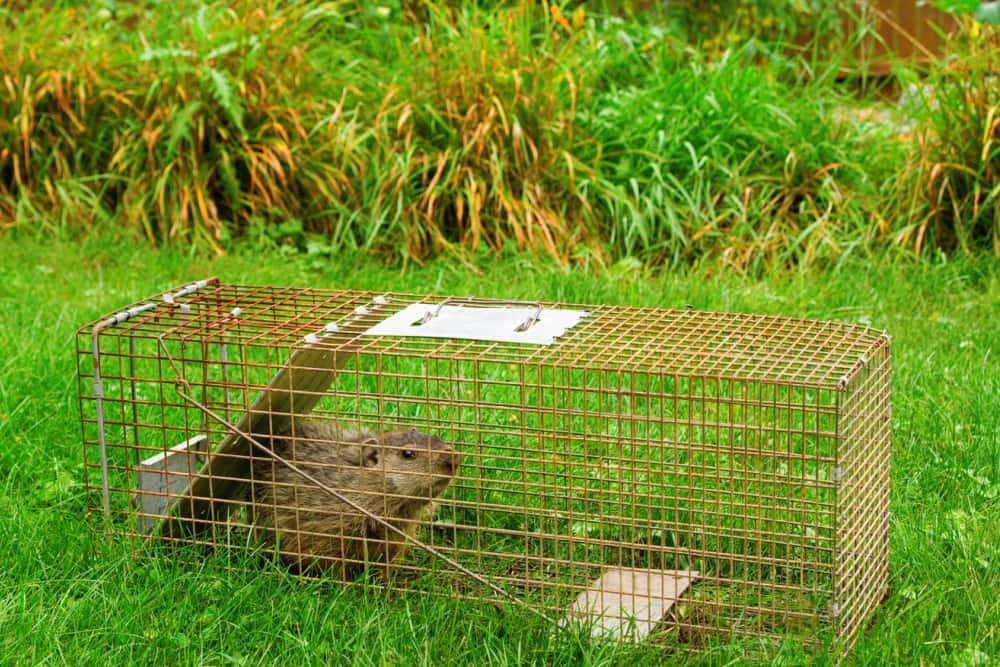Smart Techniques to Keep Deer Out of Your Garden
Learn effective and humane methods to keep deer out of your garden with simple strategies like tall fences, natural barriers, motion sensors, lighting, and repellents. Protect your plants and maintain a serene outdoor space through these eco-friendly solutions.

Deer are elegant wild animals, but as urban development advances into forested regions, they often wander into residential yards and gardens. This can cause plant damage and nuisances. Fortunately, humane methods exist to deter deer without causing them harm. These simple and affordable strategies help safeguard your greenery and prevent unwanted visits effectively.
Install a High Privacy Fence
Building a fence at a minimum of seven feet tall is highly effective. For extra deterrence, angle it at 45 degrees. Always check local regulations before installation. You can build it yourself or hire professionals based on budget and yard size.
Create a Natural Buffer
Plant tall, dense grasses around your garden’s borders. Deer tend to avoid areas with rustling sounds, mistaking them for predator activity, which helps keep them at bay.
Use Motion-Activated Sprinklers
Solar-powered, motion-sensor sprinklers can surprise deer and other wildlife, preventing entry. They also deter stray animals and are an eco-friendly solution.
Employ Ultrasonic Deterrents
Ultrasonic devices emit sounds inaudible to humans but unpleasant for wildlife, discouraging deer at night. Use these devices judiciously to avoid disturbing friendly animals.
Illuminate Your Yard
Bright, motion-activated lights along your property can scare off deer during nighttime hours. Choose automated models for convenience and neighbor consideration.
Apply Repellent Products
Deer repellents in spray or granule form can create a smell or scent barrier. Use rain-resistant options to maintain effectiveness and protect your plants naturally.
Approach wildlife conflicts with care. For serious issues, consult local authorities or environmental groups for humane advice and solutions.
Indicators of Deer Presence
Tracks in soil or snow
Droppings near plants
Chewed or damaged flora
Broken branches or trampled shrubs
Damage to tall plants reaching up to six feet
If such signs are visible, deer are active, especially during nighttime.

